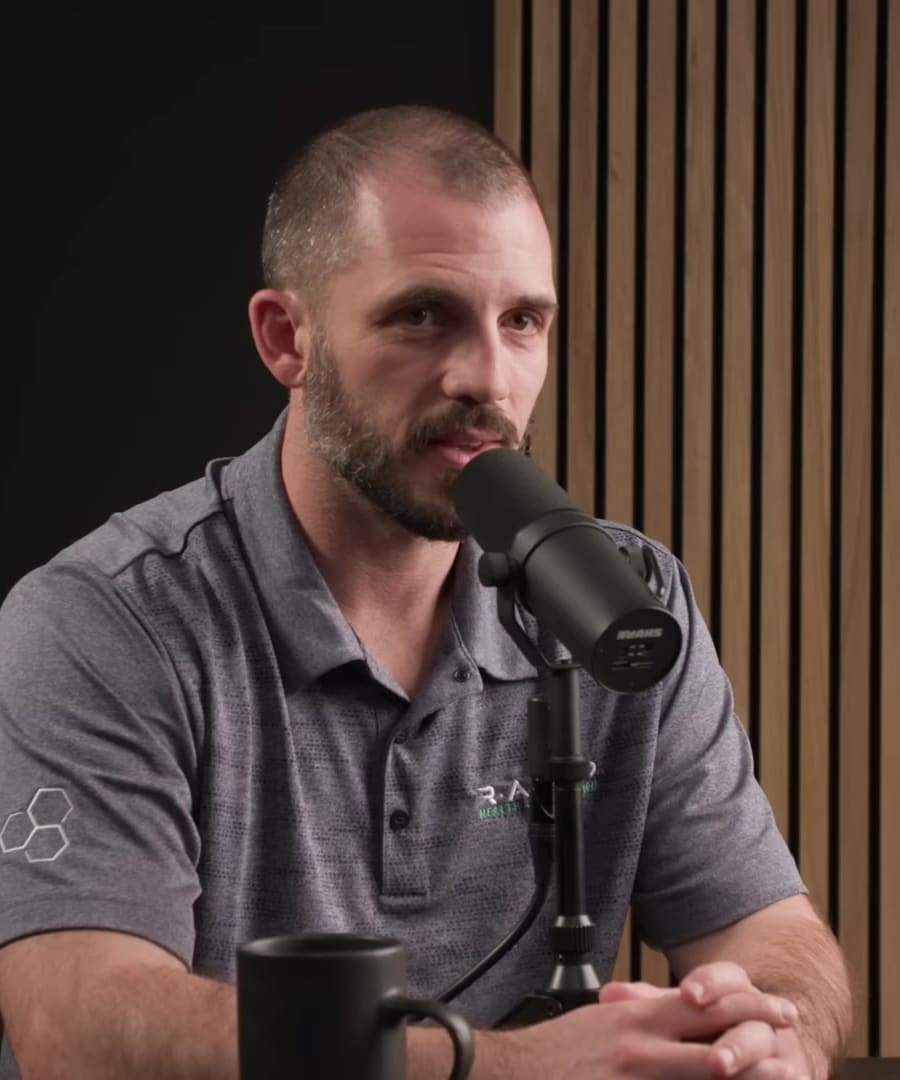What protocols are recommended for improving sleep?
Sources:
Improving sleep can be aided by several protocols as suggested by in various discussions on the . Here are some recommendations:
-
Utilize Sleep Hypnosis: Sleep hypnosis can significantly improve the ability to fall asleep quickly, stay asleep, and return to sleep after waking up in the middle of the night. A particular app mentioned is Reverie, which provides a clinically tested sleep hypnosis 1.
-
NSDR Protocols: Non-Sleep Deep Rest (NSDR) protocols such as hypnosis, yoga nidra, and certain forms of meditation can be highly effective. These protocols can help to calm the nervous system, making it easier to fall asleep and return to sleep if awakened during the night 2.
-
Manage Sleep Anxiety: Avoid becoming too attached to a strict sleep schedule as it can lead to sleep anxiety. Instead, focus on behavioral tools first, such as NSDR and meditation, to calm the mind and improve sleep 2.
-
Create a Special Sleep Environment: Limit activities in the bed to only sleeping and sex. By doing so, you help condition your mind to associate the bed with sleep, which can improve your ability to fall asleep and stay asleep 3.
-
Morning and Evening Light Exposure: Getting morning and evening sunlight can help regulate your circadian rhythms, which is important when sleep is disrupted. If natural light isn't available, artificial light can be used as an alternative 4.
-
Sleep Matching for Parents: Parents with young children should try to match their sleep to their baby's cycles if possible. Sleeping in sync with the baby's 90-minute ultradian cycles can aid in getting more restorative sleep, even if it's fragmented 5.
-
Adjust Your Sleep for Injury Recovery: Aim for at least 8 hours of sleep or immobility to ensure proper tissue healing and glymphatic clearance after an injury. A short, non-strenuous walk of at least 10 minutes per day can also be beneficial for recovery 6.
-
Optimize Exercise: Conducting exercise first thing in the morning can help develop an anticipatory circuit to wake up at the same time regularly. However, intense exercise late in the day may disrupt sleep, so it's important to find a balance and schedule that works for you 7.
By implementing these strategies and adjusting them to individual needs and circumstances, one can enhance sleep quality and overall well-being.
RELATED QUESTIONS-
What protocols are recommended for improving sleep?
- RELATED QUESTIONS






